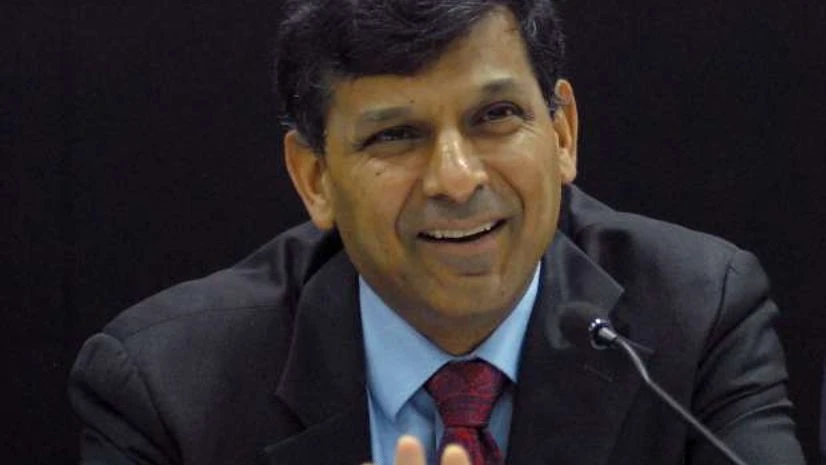In an intriguing tweet this weekend, P N Vijay, whose bio reads, ‘Financial consultant, BJP activist, deep interest in Hindu philosophy’, said: “The tragedy of our democracy is that ministers get into jobs about which they have no clue. End up reading speeches written by babus.”
Coming from a person seen as close to the ruling party, the tweet didn’t go unnoticed. Some who follow his tweets wanted to know if he was referring to anyone in particular.
Vijay didn’t add further fuel to the speculation but this reminded me of a recent conversation with a senior person in the market. Talk veered towards a retired bureaucrat who has got into a plum post. When I wondered how this person would handle the complex and important organisation he is going to head, with no prior experience in the sector, Mr Senior shot back, “Don’t worry, he has 40 years’ experience in managing things he knows nothing about.”
More From This Section
What happens to someone from outside who enters such a set-up? What happens if he was good at his job? What if he was able to communicate all the complex machinations that goes into managing inflation and other critical parameters through common man metaphors like masala dosas, kings and one eye?
He becomes popular. Raghuram Rajan is probably the first Reserve bank of India governor to have had multiple dedicated Facebook fan pages. Three of these have a little over 25,000 followers; the most popular one had 166,248 likes as this piece was being written.
It is possible to argue that Facebook itself was not that popular in pre-Rajan days. But, even globally, Rajan seems a cut above the rest. The US Federal Reserve’s Janet Yellen’s fan page got about 5,600 likes; Mario Draghi of the European Central Bank managed about half of Yellen’s numbers.
Yellen’s predecessor, Ben Bernanke, was more popular and had a fan page with 8,231 likes. Rajan’s predecessor, D Subbarao, had a fan page with 778 likes.
At one level, this analysis might seem facile and frivolous, given the seriousness normally associated with central banking. However, for an establishment that is obsessed with social media and often gets guided by the reaction there (the multiple U-turns on the provident fund issue is a recent example), this following could be unnerving.
And, Rajan is not helping with viral wisecracks, delivered in several doses in a typical week. The hate campaign launched by BJP leader and newly nominated Rajya Sabha member Subramanian Swamy is an outcome of this fear of Rajan’s popularity. In a Bloomberg interview, Swamy claimed he had the backing of an ‘overwhelming majority’ of his party.
Similar fear of popularity was exhibited some years ago by the establishment when an equally knowledgeable, articulate C B Bhave was inspiring the Securities and Exchange Board of India to punch above its weight.
Going by that record, despite assurances that Swamy’s shenanigans shall not count, another term for Rajan looks a very distant prospect. Also, it is the prerogative of the government of the day to choose through established processes the person best suited for the job. Still, the process of appointing the next governor should not be made into a national referendum or reduced to a social media slugfest. The only hope, then, would be that the transition would be managed less shabbily than it was during Bhave’s time.

)
